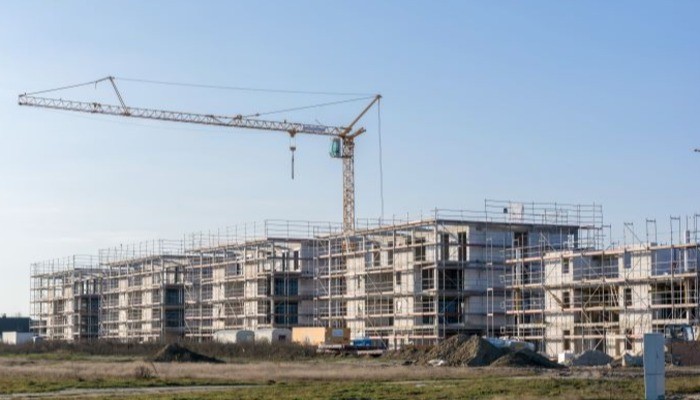Building Legislation Amendment (Buyer Protections) Bill 2025 – A journey towards stronger building regulation
24 April 2025
The Victorian Government has introduced the Building Legislation Amendment (Buyer Protections) Bill 2025 (the Bill) to Parliament. The Bill proposes to create a new building and plumbing regulator called the Building and Plumbing Commission (the BPC). If passed, the BPC is the first step in creating a new era of stronger building regulation in Victoria.
Key takeaways
The main takeaways from the Bill are:
- New functions and powers for the Victorian Building Authority (VBA): The VBA will be superseded by the BPC, a new regulator with enhanced functions and powers. In the interim period, during which regulatory authority is transferred from the VBA to the BPC, the VBA will gain additional responsibilities. These include, administering a new statutory insurance scheme, issuing rectification orders for up to 10 years after work completion, and overseeing domestic building disputes.
- First- resort insurance: The responsibility for the domestic building insurance regime, which is currently managed by the Victorian Managed Insurance Authority, will be transferred to the VBA. Under the Bill, consumers will have access to a ‘first resort’ insurance scheme, allowing them to make a claim when they first identify an issue. This scheme will also cover defects without requiring the builder to be insolvent, deceased, or untraceable.
- New developer bond scheme: The Bill introduces a new development bond scheme for all residential buildings over three storeys. Developers will be required to pay a bond, which can be used to fund rectification works in the event of building issues.
- Minimum financial requirements: New financial probity requirements will be introduced for builders, including prescribed minimum financial requirements. Builders who fail to meet these requirements could face disciplinary measures, fines, or potential suspension or cancellation of their registration.
- Prohibitions on registering land: Amendments to the Sale of Land Act 1962 will make it an offence for owners of certain land to apply for registration if that land is subject to a notice related to rectification orders for non-compliant or defective building work.
Why now?
The Bill has been introduced to address several critical issues in the Victorian building industry. Specifically, fragmented regulatory responsibilities have led to confusion and inefficiencies, with consumers often unsure which agency to approach for assistance. Additionally, the current system has faced criticism for its limitations in enforcing rectifications and providing timely resolutions, which has left many homeowners bearing the costs of defective work. The Bill aims to consolidate regulatory functions, enhance enforcement powers, and provide a more straightforward and effective process for addressing building defects and improving consumer protection.
Impact on the insurance industry
While the Bill is attempting to increase protection for homeowners, it is likely to have ramifications for the insurance industry. The building industry has been experiencing considerable financial challenges in recent years, and these proposed changes may place further pressure on insurers.
Insurers, brokers and their clients and customers need to understand the powers the BPC will hold. Notably, the proposal allows homeowners to seek assistance as soon as they suffer a loss allegedly arising from incomplete, defective, or non-compliant domestic building work. This is expected to lead to a substantial increase in notifications and claims.
Whilst the Bill aims to enhance consumer protections, it may introduce complexities that may not be easily resolved. The Bill’s approach to proportionate liability and third-party claims remains unclear, potentially complicating the apportionment of liability amongst responsible parties. Enforcement orders under the new regime may also pose significant challenges, as the expanded powers of the BPC may lead to an increase in disputes and complexities in ensuring compliance, potentially resulting in prolonged litigation and higher costs for builders and insurers. Whilst the Bill has commendable intentions, its practical implementation may present significant challenges for the building and insurance industry.
Next Steps
The Bill has passed the Legislative Assembly and is currently under consideration in the Legislative Council. If passed, the new regulations and the establishment of the BPC are expected to be implemented by the end of 2025.
We will continue to update you on the progress of this Bill.


